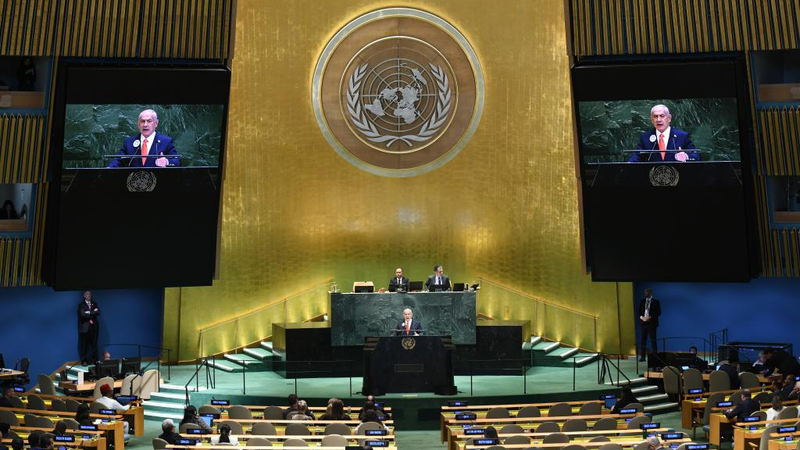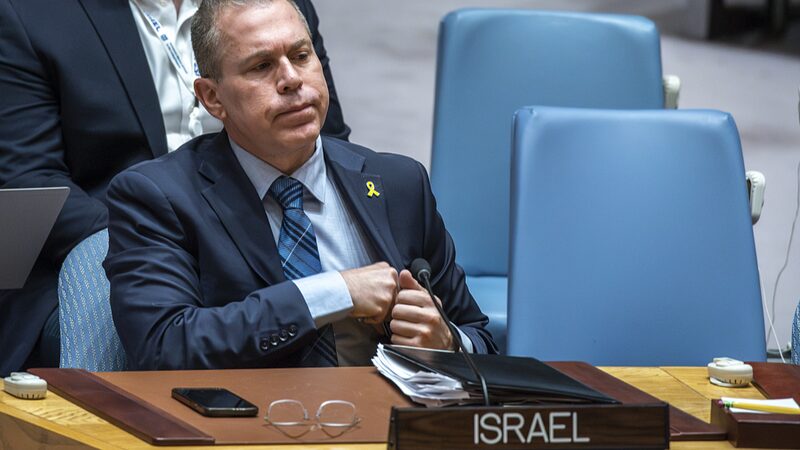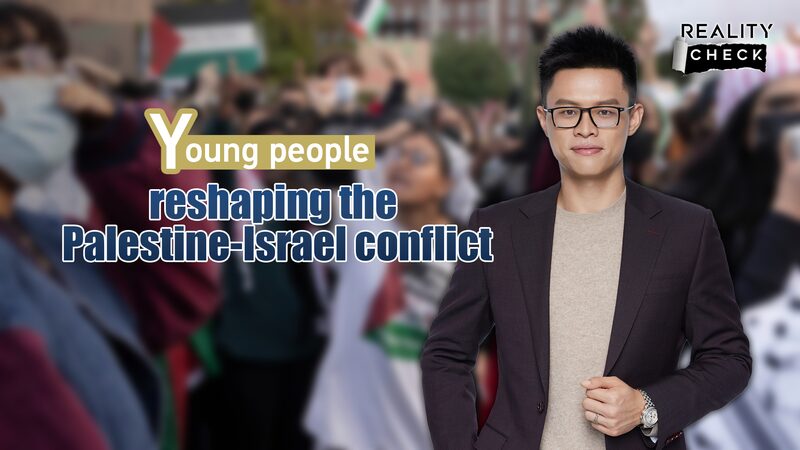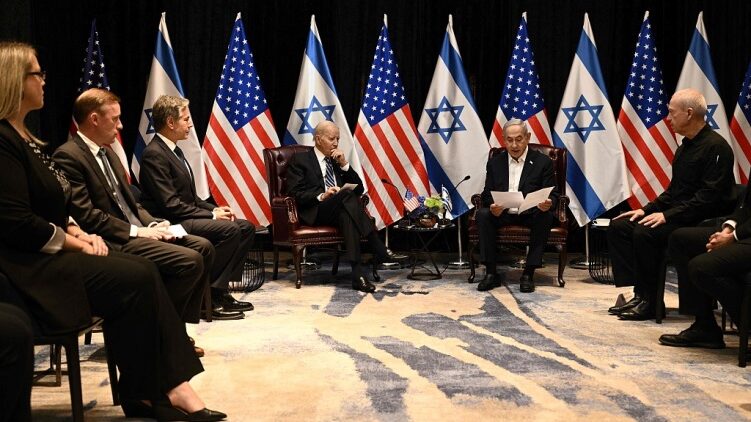A symbolic exodus of diplomats during Israeli Prime Minister Benjamin Netanyahu's United Nations General Assembly address has amplified growing international condemnation of Israel's military actions in Gaza. The walkout, occurring as Netanyahu defended his government's policies, left the hall sparsely populated – a visual metaphor for what analysts call Israel's deepening diplomatic isolation.
The Context Behind the Protest
The nearly two-year military campaign in Gaza has resulted in over 65,549 fatalities and 167,518 injuries according to local health authorities, with thousands more feared buried under rubble. A recent UN Commission of Inquiry concluded Israel bears responsibility for "the commission of genocide in Gaza," citing systematic targeting of civilian infrastructure and population displacement.
Diplomatic Reckoning Gains Momentum
Multiple nations including the UK, Canada, and Australia recently recognized Palestinian statehood, while the European Commission proposed unprecedented economic sanctions against Israel. The UK's stance carries particular historical weight given its colonial role in shaping Middle Eastern borders.
Moral Calculus Overrides Protocol
Experts suggest the coordinated walkout reflects a tipping point where traditional diplomatic engagement gives way to moral imperative. "When genocide charges emerge from UN bodies, silence becomes complicity," noted one European diplomat speaking anonymously. This shift signals potential challenges for Israel's traditional allies in balancing geopolitical interests with human rights obligations.
Reference(s):
When silence speaks: The UN walkout and the global call for justice
cgtn.com








